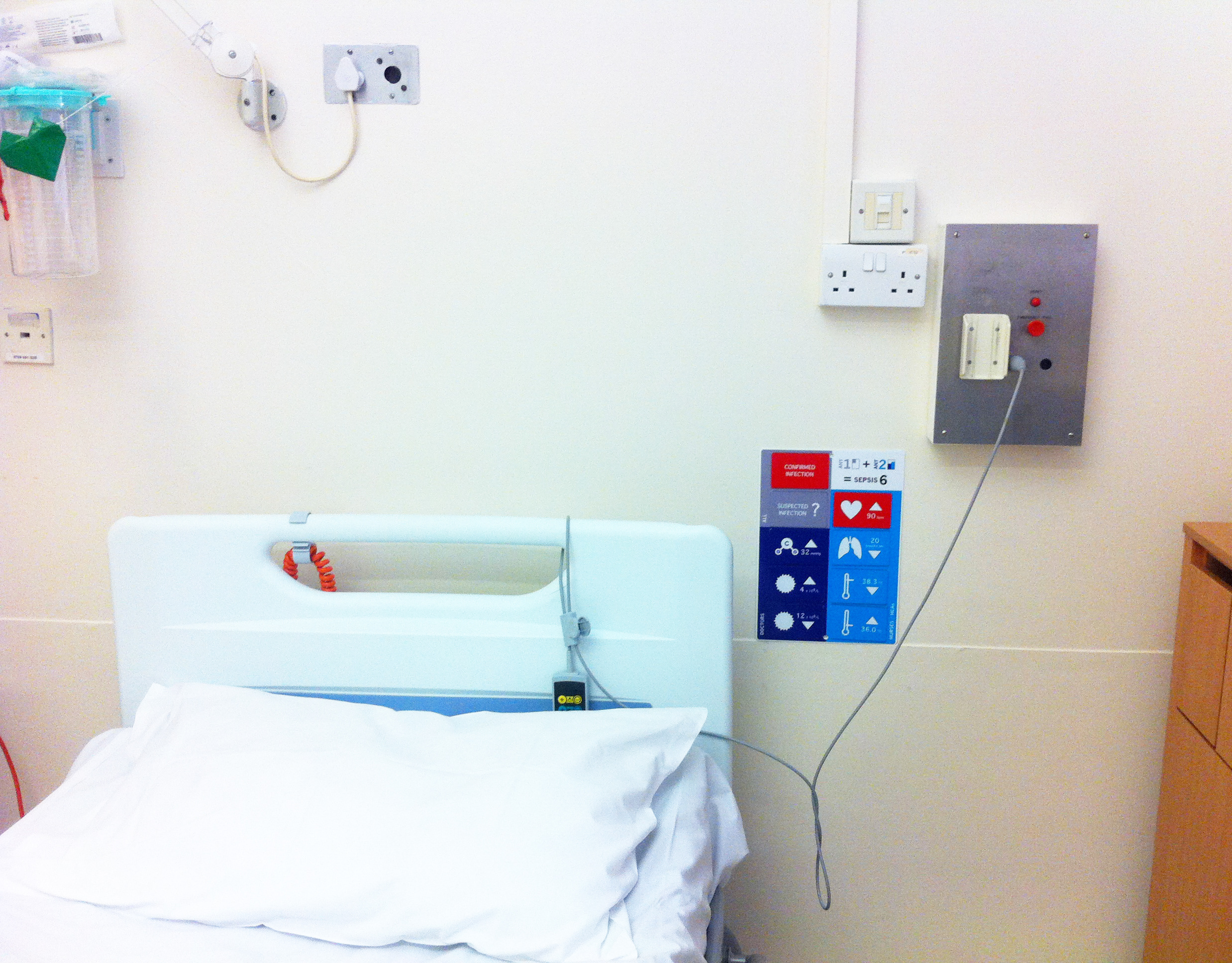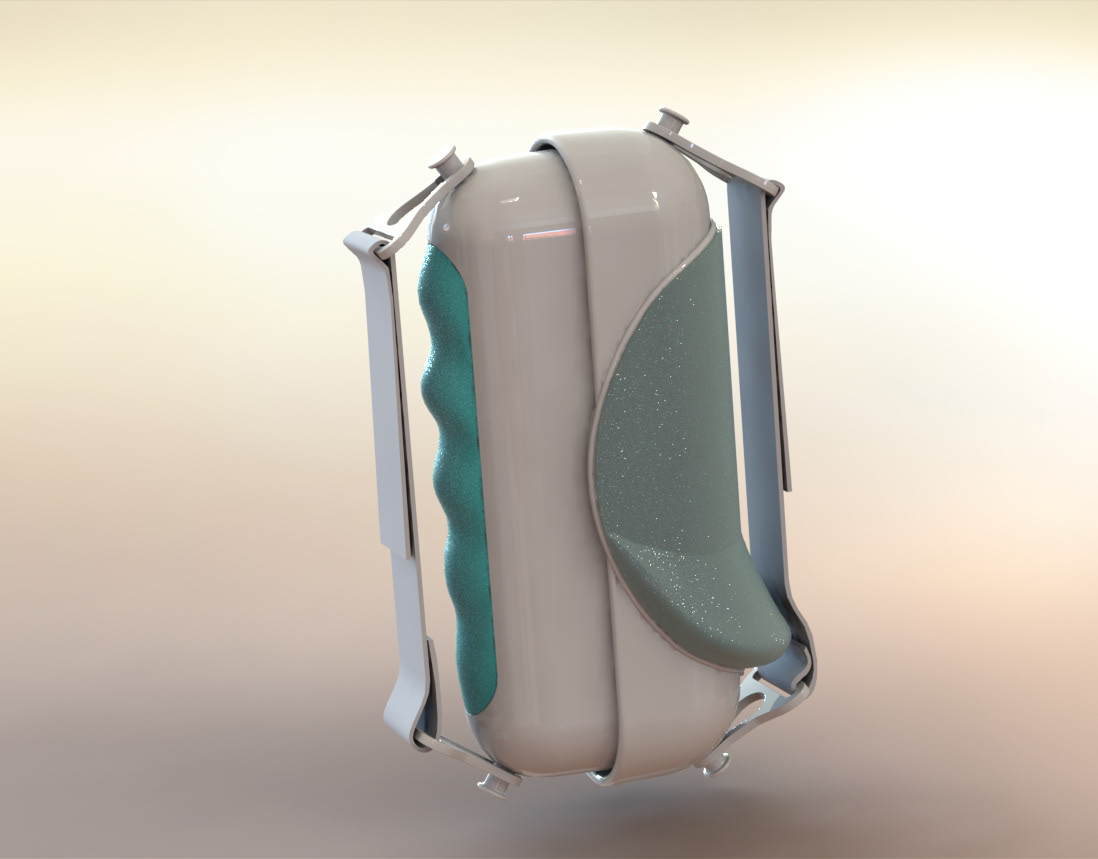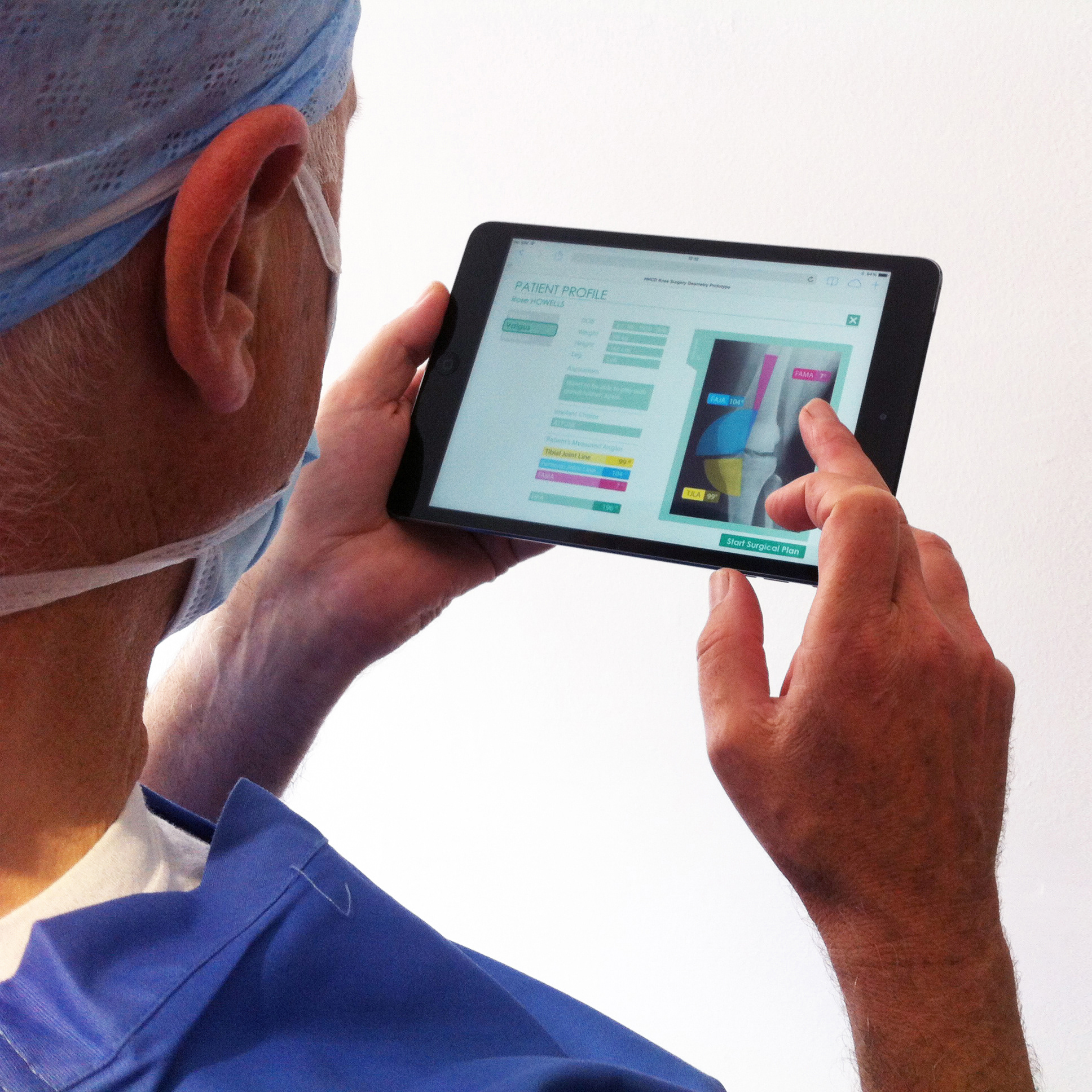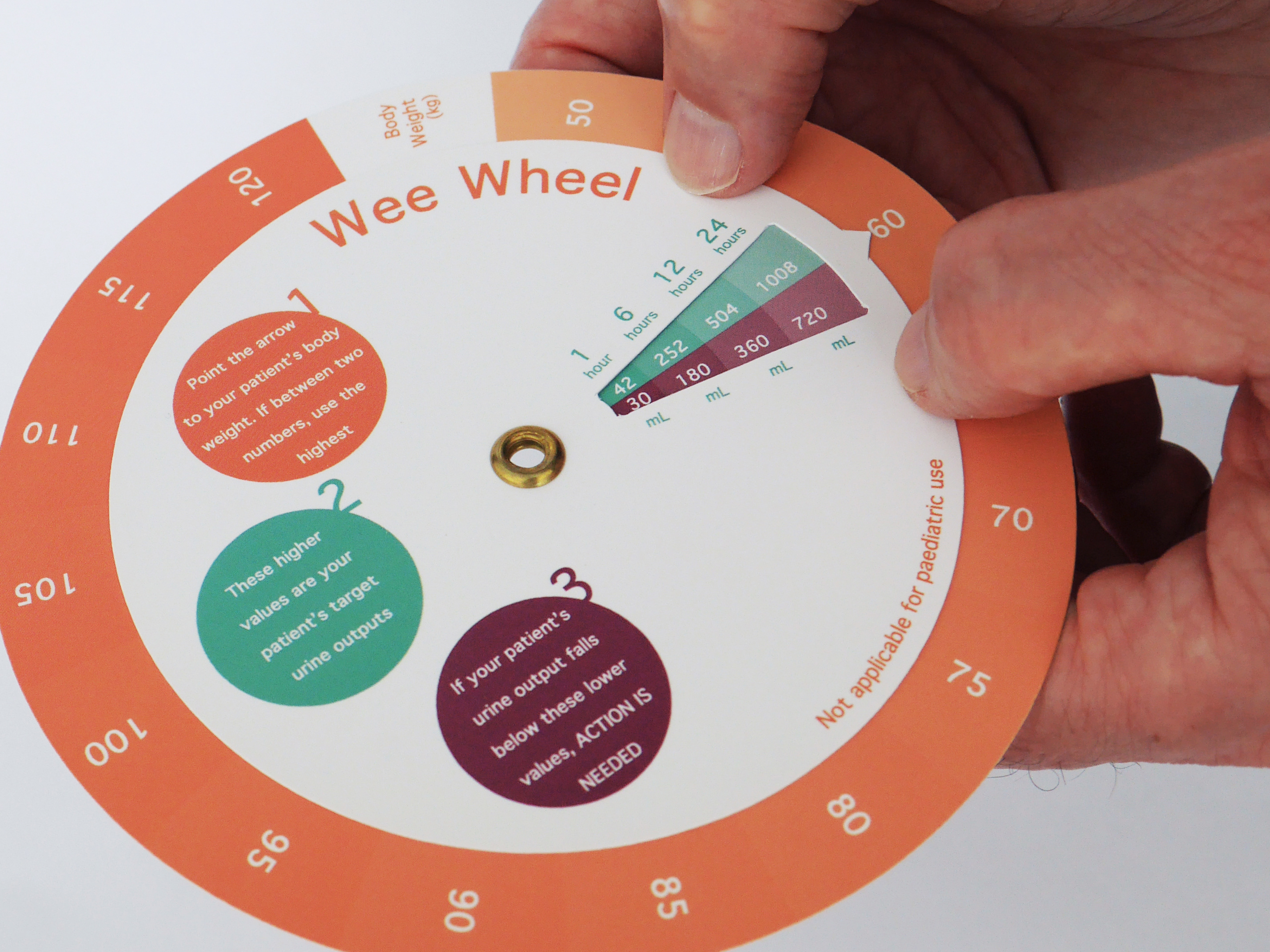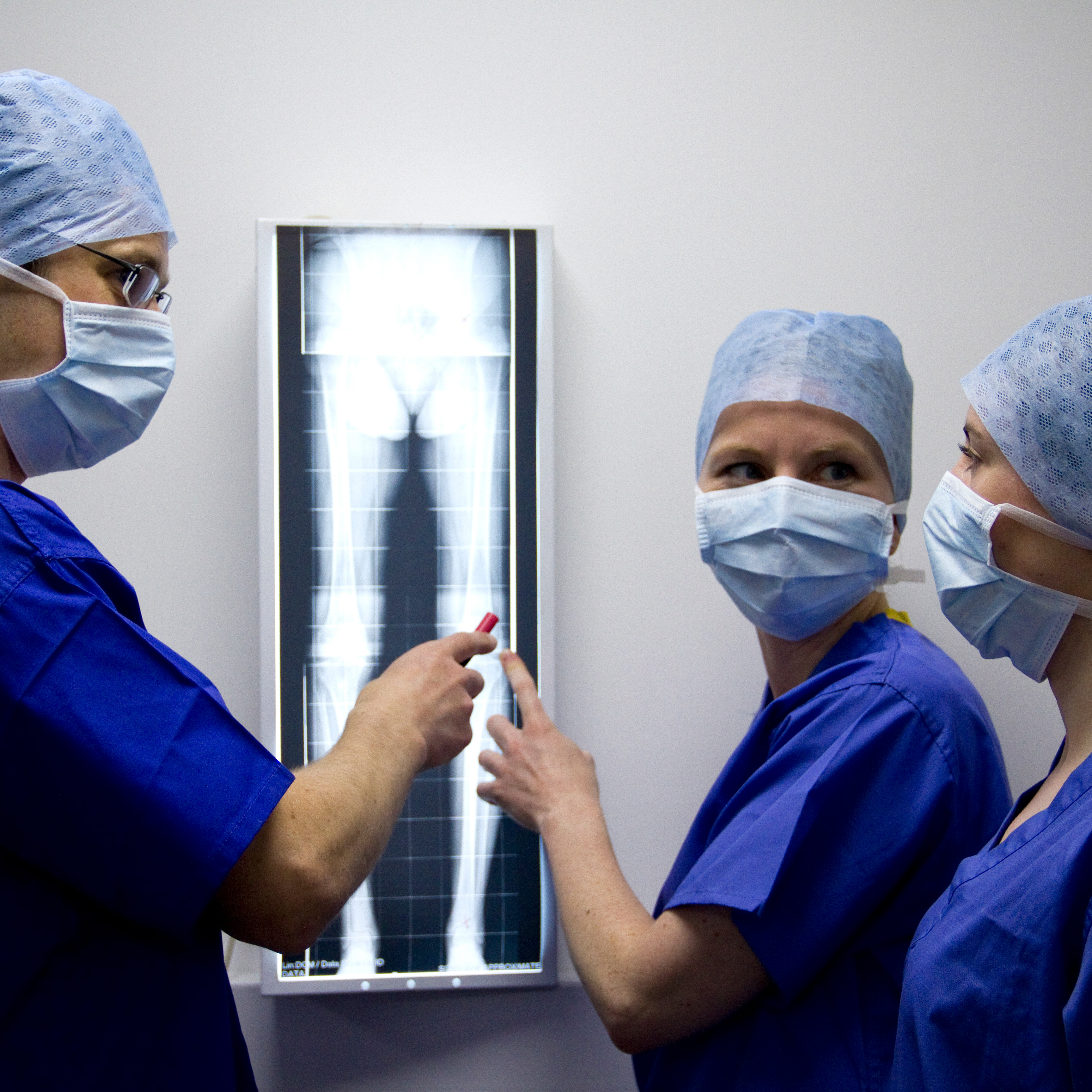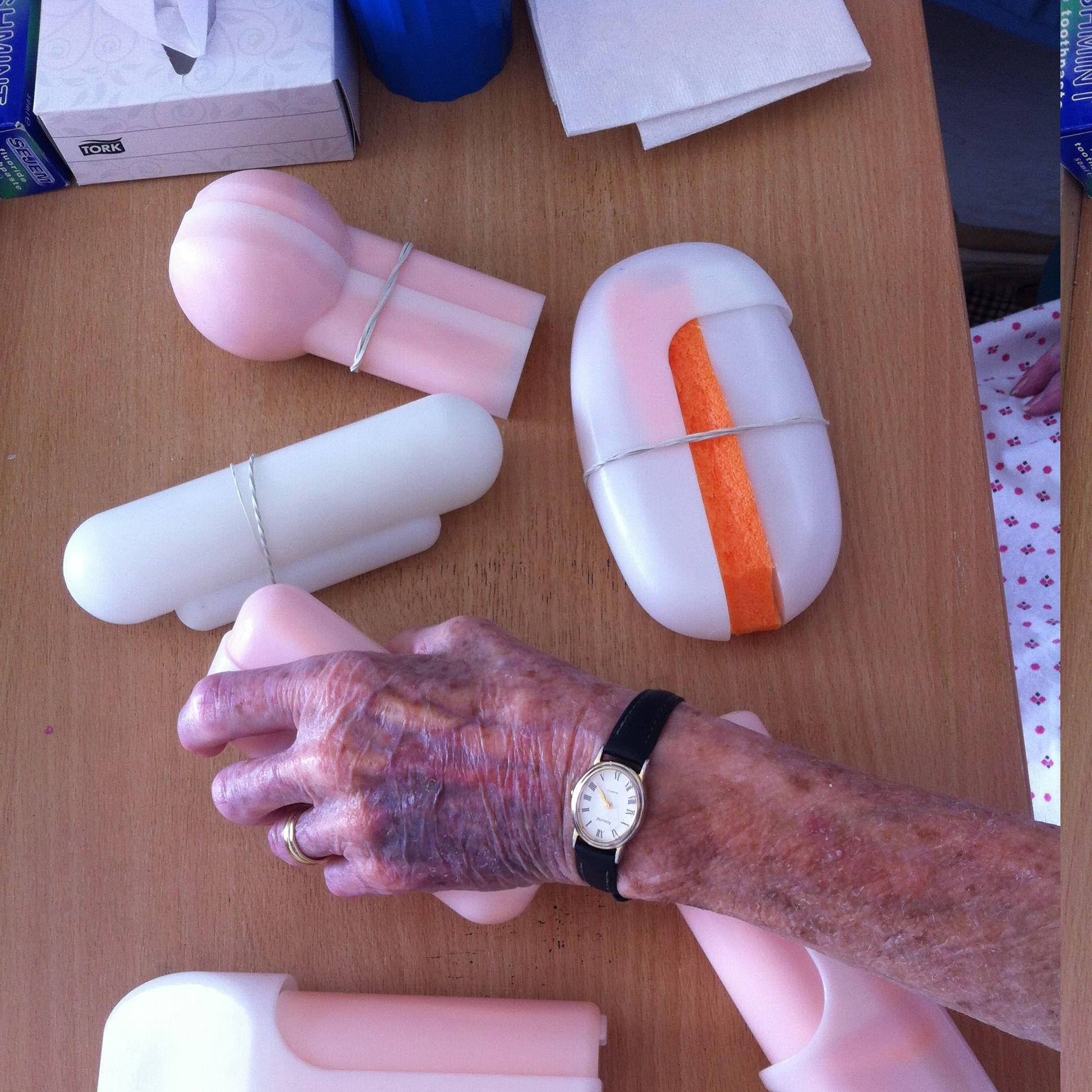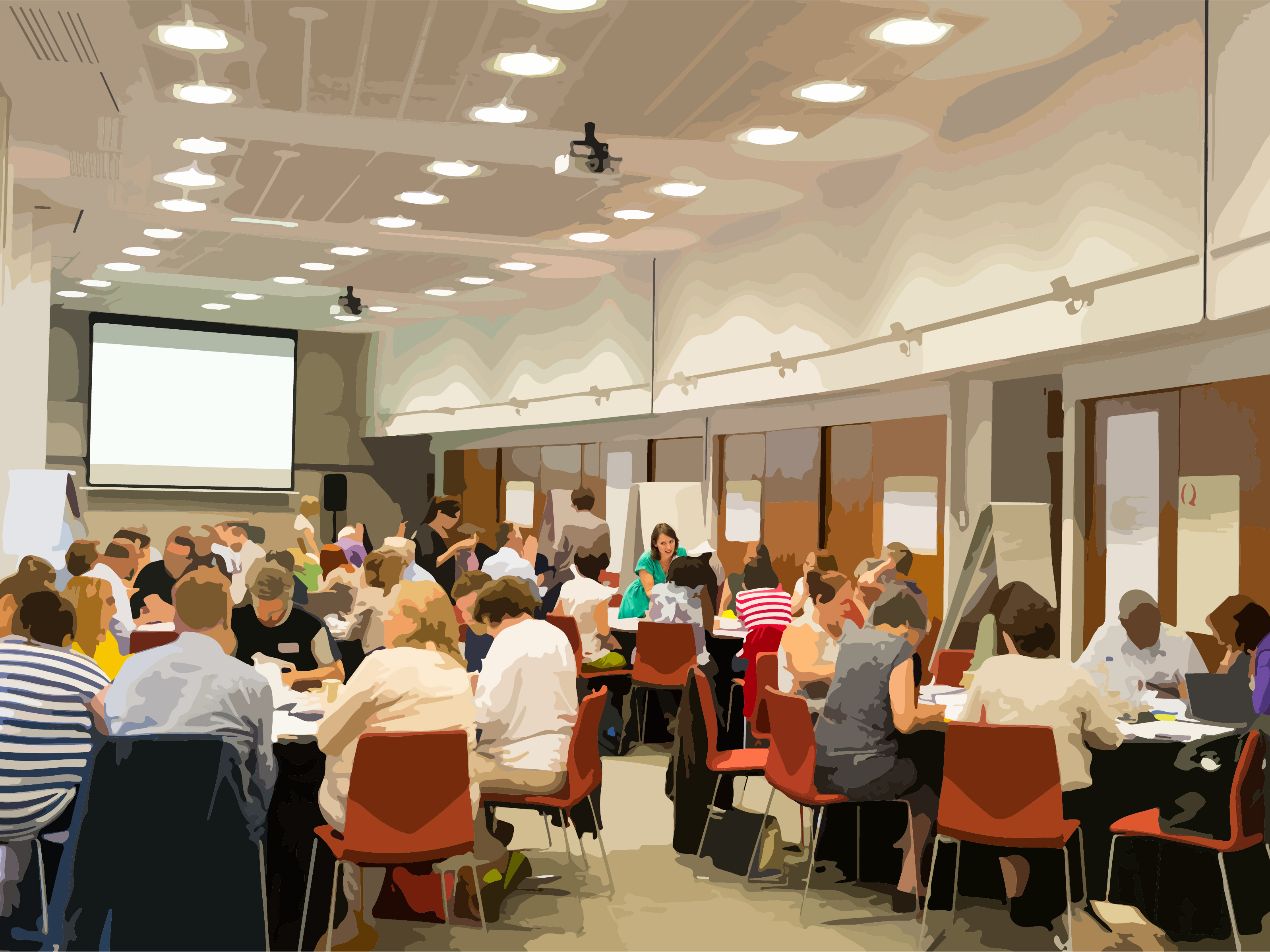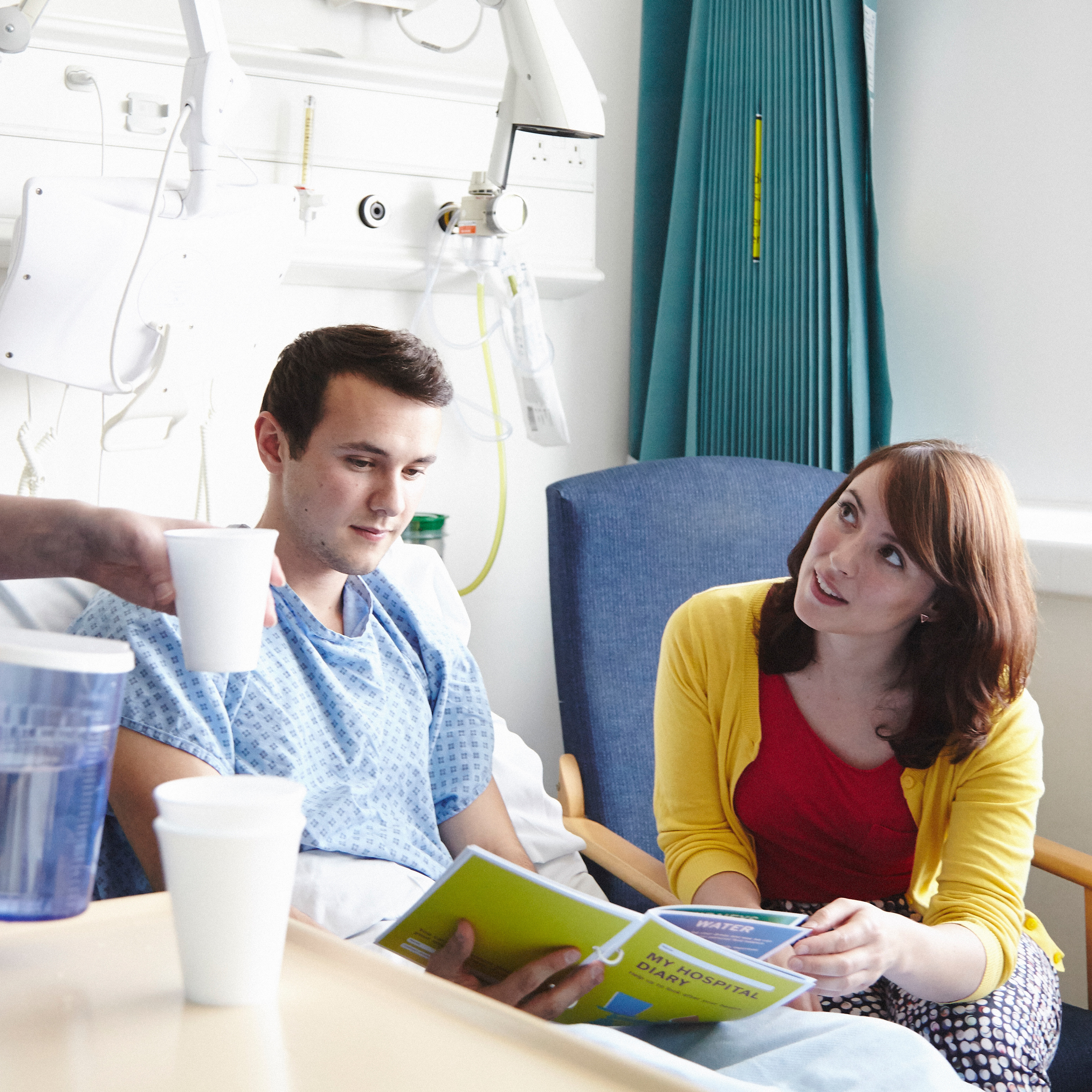Research into hospital rehabilitation experiences of individuals that had recently suffered a stroke.
___
A healthy brain sends electrical signals through the nerves to the muscles to make them move. When an area of the brain is damaged by a stroke, due to an interrupted blood supply, these signals no longer work. As a result, functions that used to be controlled from that damaged area of the brain need to be 're-wired' and this is aided by practising the impaired motion. Physiotherapy is therefore important for rehabilitation to improve quality of life after a stroke.
Up to 70% of people who have suffered a stroke have a reduced use of one arm and hand afterwards. The focus of this research was hand grip rehabilitation, which was conducted on stroke, hyper acute stroke and neuro-rehabilitation units at Charing Cross Hospital, London. Two broad user groups were approached during research 1) patients and their families, and 2) medical professionals including doctors, occupational therapists and physiotherapists to understand the current rehabilitation experiences and their limits. This information was later used to help design a new intervention and its integration into existing therapy scenarios in hospitals.
The project was a collaboration between the Human Robotics Group at Imperial College London and the Helen Hamlyn Centre for Design at the Royal College of Art.
